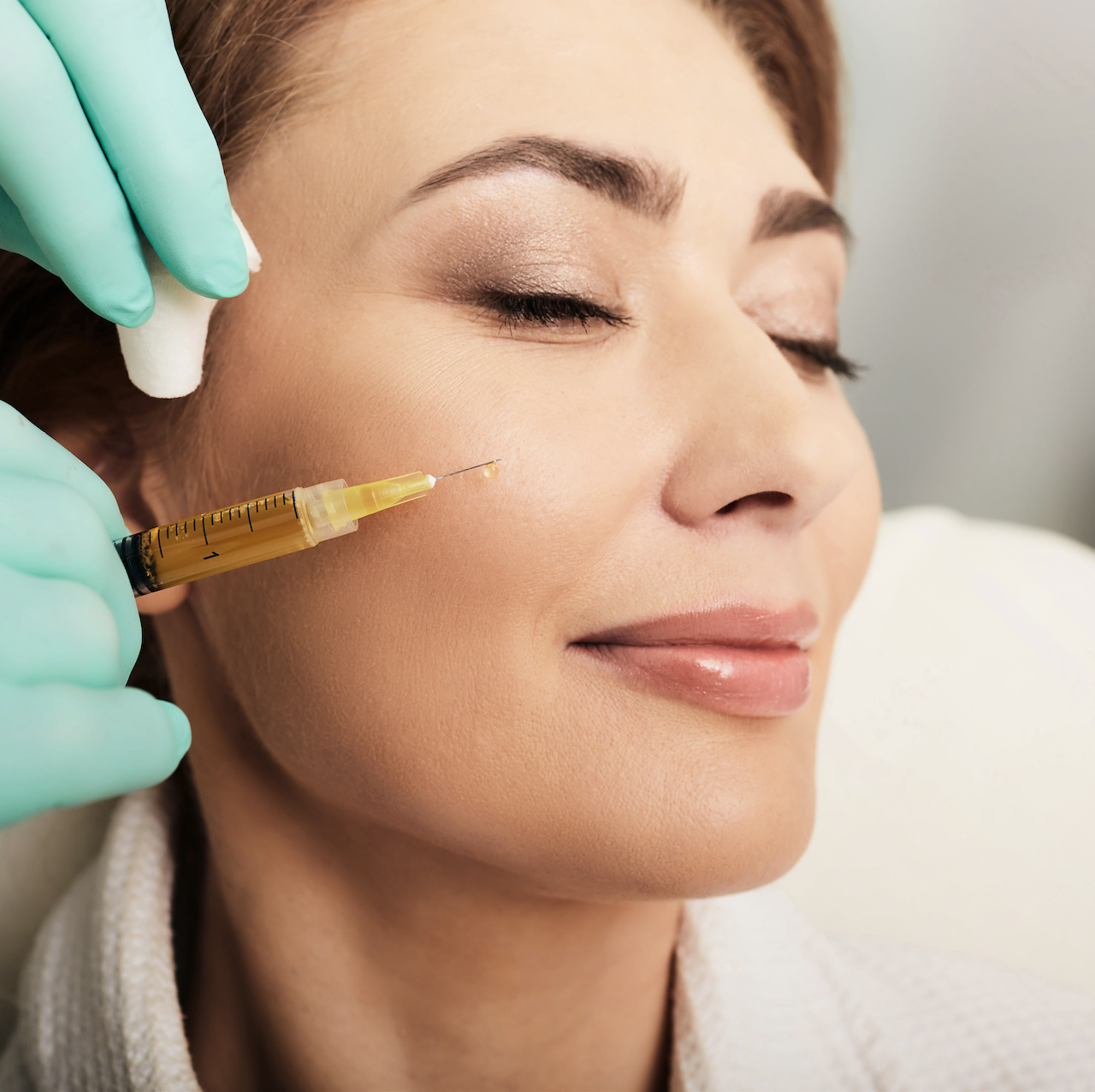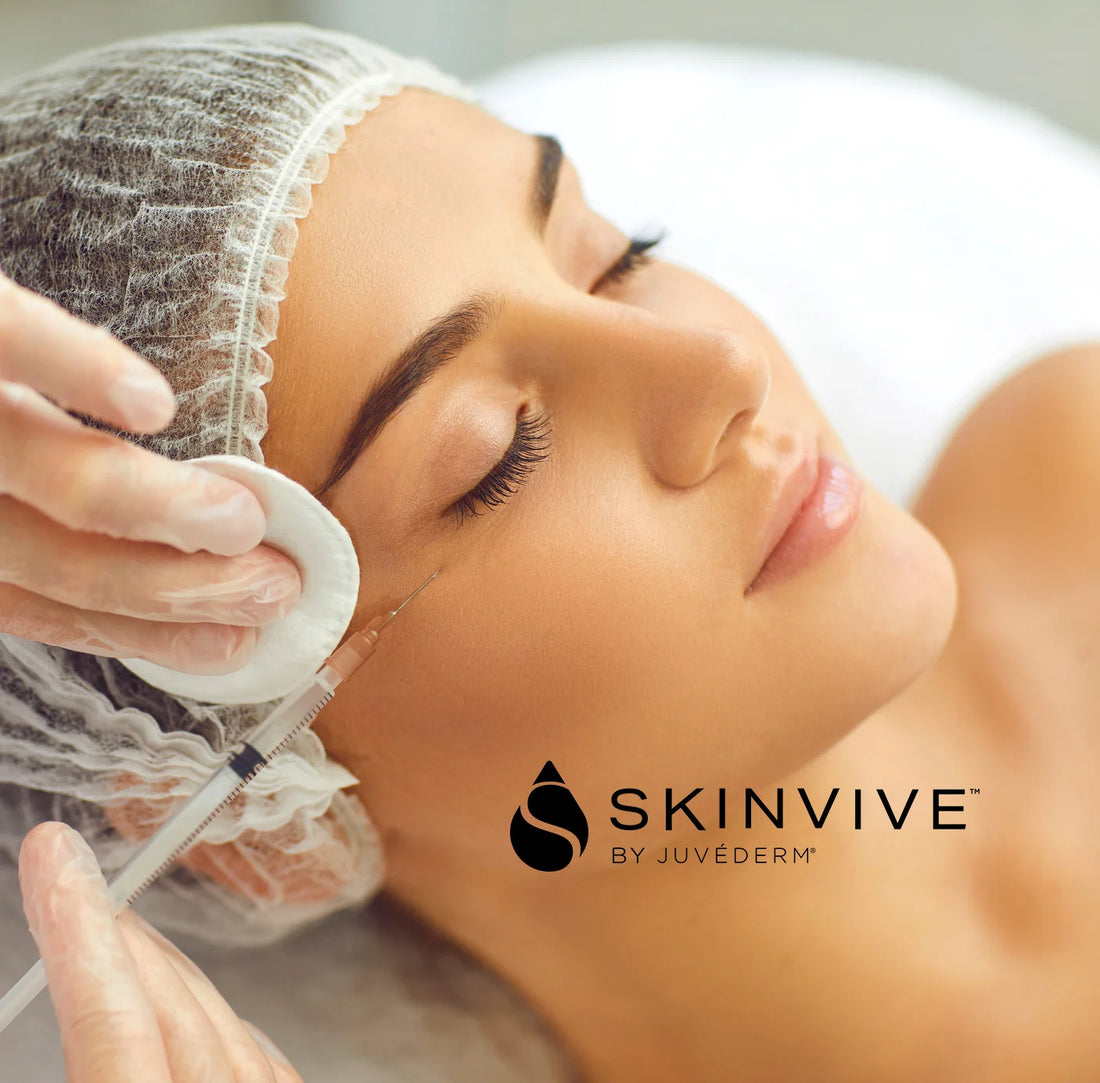Are you considering a career in administering Botox injections? Understanding the *qualifications* and *education* required is fundamental to ensuring you provide safe and effective treatments. Botox injections are increasingly popular for their ability to reduce wrinkles and rejuvenate the skin, making this a sought-after skill in the medical aesthetics field.
In most regions, the administration of Botox falls under the category of medical procedures, which means it must be performed by a licensed healthcare professional. This often includes *physicians*, *nurses*, and *dentists*, who have undergone extensive training in *anatomy*, *pharmacology*, and *injection techniques*. The specific degree required can vary, but typically, a medical degree or a nursing degree is essential.
In addition to a medical or nursing degree, certification in Botox administration is usually required. This involves completing a specialized training program that covers both theoretical and practical aspects of Botox injections. These programs are designed to equip practitioners with the knowledge and skills needed to perform these procedures safely and effectively.
Ready to take the next step? *Book an appointment* or schedule a *free consultation* today to discuss your options and get personalized advice. Visit our website at Beauty O’Clock Medical Spa or call us at 647-812-8752 for more information.
Understanding Medical and Nursing Degrees

To administer Botox injections, a thorough understanding of medical and nursing degrees is crucial. *Medical degrees*, such as Doctor of Medicine (MD) or Doctor of Osteopathic Medicine (DO), require years of rigorous education and training. These programs cover extensive coursework in human anatomy, physiology, pharmacology, and hands-on clinical experience. Physicians who pursue specializations in dermatology or plastic surgery often gain additional expertise in cosmetic procedures, including Botox injections.
On the other hand, *nursing degrees* such as Registered Nurse (RN) or Nurse Practitioner (NP) also provide a solid foundation for administering Botox. Nurses typically complete a Bachelor of Science in Nursing (BSN) or an advanced practice degree like a Master of Science in Nursing (MSN). These programs emphasize patient care, medical ethics, and clinical skills. Additionally, many nurses opt for specialized training in aesthetics to further hone their injection techniques and patient consultation skills.
Both medical and nursing professionals must pass licensing exams and obtain certification from relevant boards or associations. This ensures that they adhere to high standards of practice and maintain up-to-date knowledge in their fields. By understanding the educational pathways and qualifications required, aspiring Botox practitioners can make informed decisions about their career paths and provide safe, effective treatments to their clients.
State-Specific Licensing Requirements
When it comes to administering Botox injections, *state-specific licensing requirements* play a pivotal role. Each state in the U.S. has its own set of regulations governing who can perform these procedures and under what conditions. These requirements are designed to ensure patient safety and maintain high standards of medical practice.
In many states, only licensed medical professionals such as physicians, nurse practitioners, and physician assistants are authorized to administer Botox. Some states also allow registered nurses to perform injections, but often under the supervision of a physician or another higher-level medical professional. This supervision can vary from direct oversight to being on-call for consultation.
Additionally, certain states require practitioners to complete specific training programs or certification courses focused on cosmetic procedures. These programs typically cover anatomy, injection techniques, patient assessment, and managing potential complications. For instance, California mandates that registered nurses must complete a board-approved education program before they can perform any cosmetic injections.
It's essential for practitioners to stay informed about the *licensing requirements in their state* to ensure compliance and avoid legal ramifications. This often involves regular updates and continuing education to keep up with changing laws and best practices in the field. By adhering to state-specific licensing requirements, medical professionals can provide safe and effective Botox treatments while maintaining their professional integrity.
Certification and Training Programs

The journey to becoming a qualified Botox practitioner involves more than just holding a medical degree. *Certification and training programs* are crucial components that equip medical professionals with the necessary skills and knowledge for safe and effective Botox administration.
These programs often begin with foundational courses that cover the basics of facial anatomy, the pharmacology of Botox, and the principles of cosmetic dermatology. Participants learn about the different types of facial wrinkles and how to assess and map injection sites accurately. This foundational knowledge is critical for minimizing risks and achieving optimal results.
Advanced training sessions delve deeper into specialized techniques, including the management of complications and the treatment of complex cases. These sessions often involve hands-on practice under the supervision of experienced instructors. This practical experience is invaluable for building confidence and competence in performing Botox injections.
Certification programs are usually accredited by recognized medical boards and professional organizations. They often require participants to pass both written and practical exams to demonstrate their proficiency. Some of the well-known certifying bodies include the American Academy of Facial Esthetics (AAFE) and the International Association for Physicians in Aesthetic Medicine (IAPAM).
Continuing education is another important aspect of maintaining certification. Practitioners must stay updated with the latest advancements and best practices in the field. This ensures that they can provide their patients with the highest standard of care. By completing comprehensive *certification and training programs*, medical professionals can enhance their expertise and credibility in the competitive field of cosmetic dermatology.
Importance of Continuing Education

In the rapidly evolving field of cosmetic dermatology, the *importance of continuing education* cannot be overstated. Staying updated with the latest advancements, techniques, and regulatory guidelines is essential for maintaining a high standard of patient care and ensuring the safe administration of Botox injections.
Continuing education allows practitioners to refine their skills and expand their knowledge base. New research and technological advancements frequently emerge, offering improved methods and products that can enhance patient outcomes. By participating in ongoing training and education, Botox practitioners can stay at the forefront of these developments and integrate them into their practice.
Moreover, continuing education fosters a culture of lifelong learning and professional growth. It encourages practitioners to critically evaluate their techniques and seek innovative solutions to clinical challenges. This proactive approach not only benefits patients but also enhances the practitioner's reputation and credibility within the industry.
Regulatory bodies and professional organizations often mandate continuing education as a requirement for maintaining certification and licensure. This ensures that practitioners adhere to the highest standards of practice and remain competent in their field. Failure to comply with these requirements can result in the loss of certification and the ability to practice.
In addition to technical skills, continuing education programs often cover important topics such as patient communication, ethical considerations, and business management. These aspects are crucial for building a successful and sustainable practice. By embracing the *importance of continuing education*, Botox practitioners can ensure they provide safe, effective, and up-to-date treatments to their patients, ultimately enhancing their overall satisfaction and trust.
Choosing the Right Medical Spa

When it comes to Botox injections, selecting the right medical spa is crucial for achieving safe and satisfactory results. The expertise and professionalism of the practitioners, the quality of the facilities, and the range of services offered are all important factors to consider.
First and foremost, ensure that the medical spa employs trained and certified practitioners. Look for credentials such as board certification in dermatology or plastic surgery, and inquire about their experience with Botox treatments. A reputable medical spa will be transparent about their practitioners' qualifications and will gladly provide this information to potential clients.
The quality of the facilities is another significant aspect. A well-maintained, clean, and modern environment reflects the spa's commitment to high standards of care. Advanced equipment and adherence to stringent hygiene protocols are indicators of a spa that prioritizes patient safety and comfort.
Additionally, consider the range of services offered. A comprehensive medical spa will provide a variety of treatments beyond Botox, such as PRP hair restoration, Morpheus8 RF Microneedling, TriLipo body contouring, and more. This breadth of services demonstrates the spa's versatility and expertise in addressing various cosmetic concerns.
Customer reviews and testimonials can also provide valuable insights into the spa's reputation and the quality of their services. Look for feedback that highlights the professionalism, skill, and friendliness of the staff, as well as the overall satisfaction with the treatments received.
Finally, the consultation process is an opportunity to gauge the spa's approach to patient care. A thorough and personalized consultation should address your specific needs, answer any questions, and provide a clear treatment plan. This level of attention demonstrates the spa's dedication to achieving the best possible outcomes for their clients.
At Beauty O'Clock Medical Spa, we pride ourselves on delivering exceptional care and results. Book an appointment / free consultation or call 647-812-8752 for more info and discover why we are the preferred choice for Botox and other advanced cosmetic treatments.
